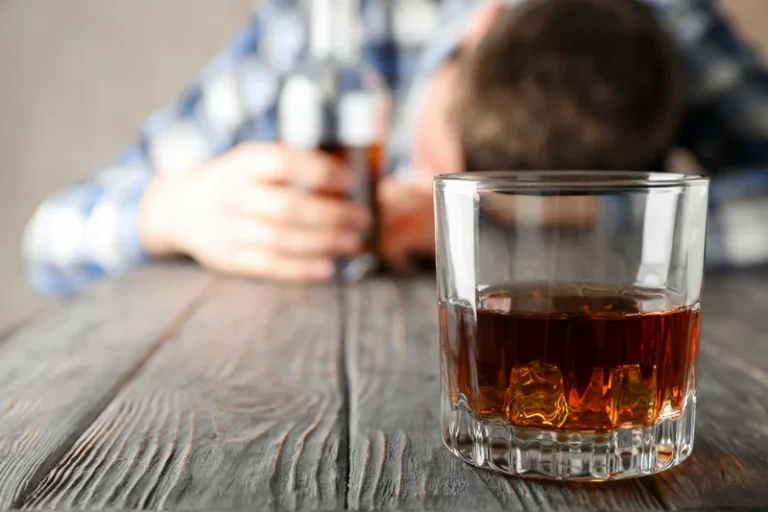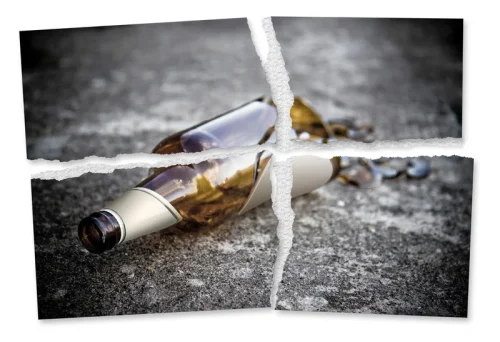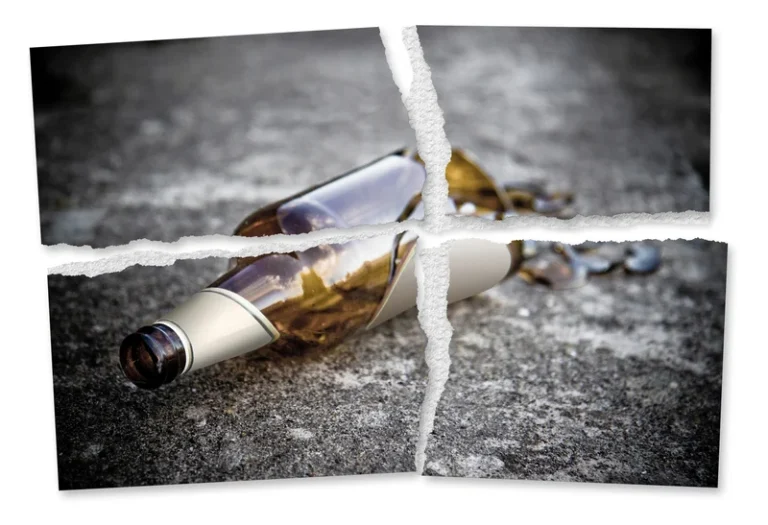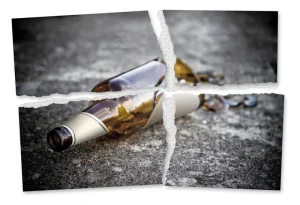13 Common Behaviors and Values of Narcissistic People
Codere casino online: Casino en vivo y las mejores slots
28 Aprile 2022Leovegas Casino Review Great Slots & Online Games To Play Inside Ireland
29 Aprile 202213 Common Behaviors and Values of Narcissistic People

In a nutshell, grandiose narcissists may feel proud of their excessive alcohol use, and the problems it can cause, if it makes them stand out. Meanwhile, vulnerable narcissists deal with inner shame that can make them more likely to develop alcohol abuse problems later on as a way to cope. The narcissist-like behavior of some alcoholics may only be a result of their addiction—it may not be how they really are when sober. And while there are some links between alcoholism and narcissism overall, the connection isn’t as straightforward as some might think. Alcoholism is considered a substance abuse disorder, which is often referred to as an addiction.

What to Do If Someone You Know Has Both Alcoholic & Narcissistic Traits
- Narcissism and alcoholism may both share similar characteristics and can occur at the same time.
- When they abuse alcohol and develop a dependence on drinking, they may not accept or admit that there’s anything wrong with their life.
- These behaviors are at the expense of other people, including loved ones.
- They try to live in the moment and do not think of the consequences that the future holds.
- For instance, NPD and AUD both involve psychotherapy, but the formats for each can vary.
NPD increases the risk of alcohol misuse as a means to escape difficult emotions. While diagnosis and treatment can be challenging, studies have shown that the successful treatment of a mental illness can lead to alcohol recovery in two out of every three cases. Narcissistic personality disorder can be one of the more challenging mental health conditions to treat.
- With both conditions, the benefits of therapy depend on your willingness to work on yourself.
- Compared to grandiose narcissists, people in this group were more likely to acknowledge that they had a problem.
- Once detox is completed and sobriety has begun, outpatient therapy can be beneficial.
- These overlapping traits can make it hard to distinguish alcohol misuse from narcissism.
- For loved ones, set boundaries, seek support, but also compassion.
Alcoholic Narcissist Alcohol And Narcissistic Personality Disorder

In other words, those who had narcissistic tendencies were more likely to use alcohol and experience problems because of alcohol use. It leaves their partners hanging on, putting up with their behaviours. Believing that one day a nice person will surface from their alcoholism. Most narcissists don’t know when to stop once they start drinking. Narcissists aren’t good at regulating their emotions and behaviours. When they’re drunk you actually see more of their true selves.

Narcissism vs. narcissistic personality disorder
- Following up with an outpatient or 12-step program can be incredibly helpful as well.
- If you do relapse, try to seek help again — it’s still possible to make a full recovery.
- Dry-drunk individuals may also exhibit narcissistic behaviors as they struggle to cope with unresolved emotional issues and challenges.
- Consuming alcohol makes it easier for them to manipulate others, dominate them, and fulfill their desires.
- Narcissists are grandiose, and have delusions of superiority.
Understanding how these two separate disorders are similar may offer some insight into the type of addiction treatment that would be most beneficial. I worked in drug and alcohol rehab for a short time in my 20s after I got my psychology degree and I’ve trauma bonded to many narcissists in my life. Even if their drunk behavior brings misery to other people, they may hardly care because narcissists do not empathize with others.
- People with an alcoholic personality show a disregard for others.
- So they find it difficult to acknowledge they have a problem.
- A dry drunk has stopped drinking but hasn’t yet dealt with the issues that caused their alcohol dependence.
- Cognitive-behavioral therapy (CBT) helps individuals recognize and change negative thought patterns and behaviors.
This shouldn’t come as a surprise when considering why people are driven to drink. For instance, they tend to demonstrate a lack of empathy and narcissism and alcoholism are prone to anger, irritability, and impulsivity outbursts. They may use alcohol to feel more confident, charming, and socially adept, aligning with their belief in superiority. Grandiose narcissists are highly concerned with their self-image and how others perceive them.
Don’t Know When To Stop
Alcohol acts as a lubricant, making the vulnerable narcissist feel more at ease in social situations that may otherwise seem overwhelming. Alcohol can temporarily alleviate the vulnerable narcissist’s feelings of inadequacy, giving them a false sense of confidence that negates their niggling self-doubt. They tend to display more passive-aggressive behaviors, self-pity, and a victim mentality. Grandiose narcissists have an inflated sense of self, an unshakeable belief in their own superiority, and a lack of empathy for those around them.
